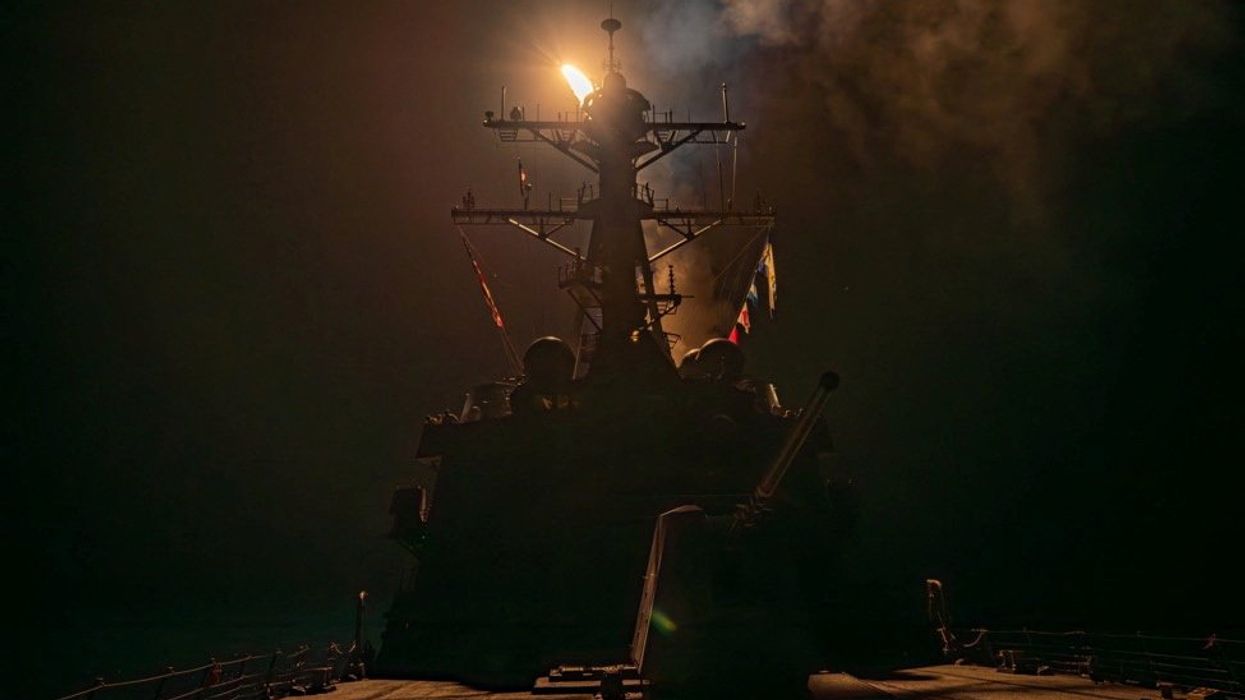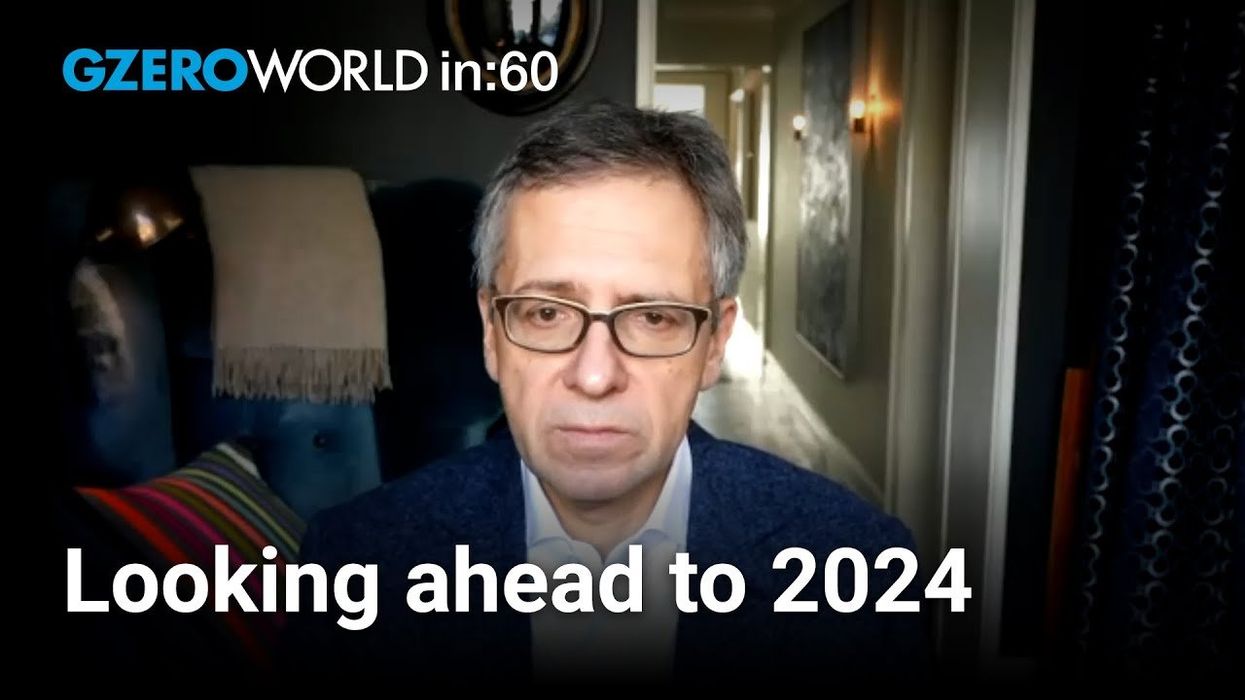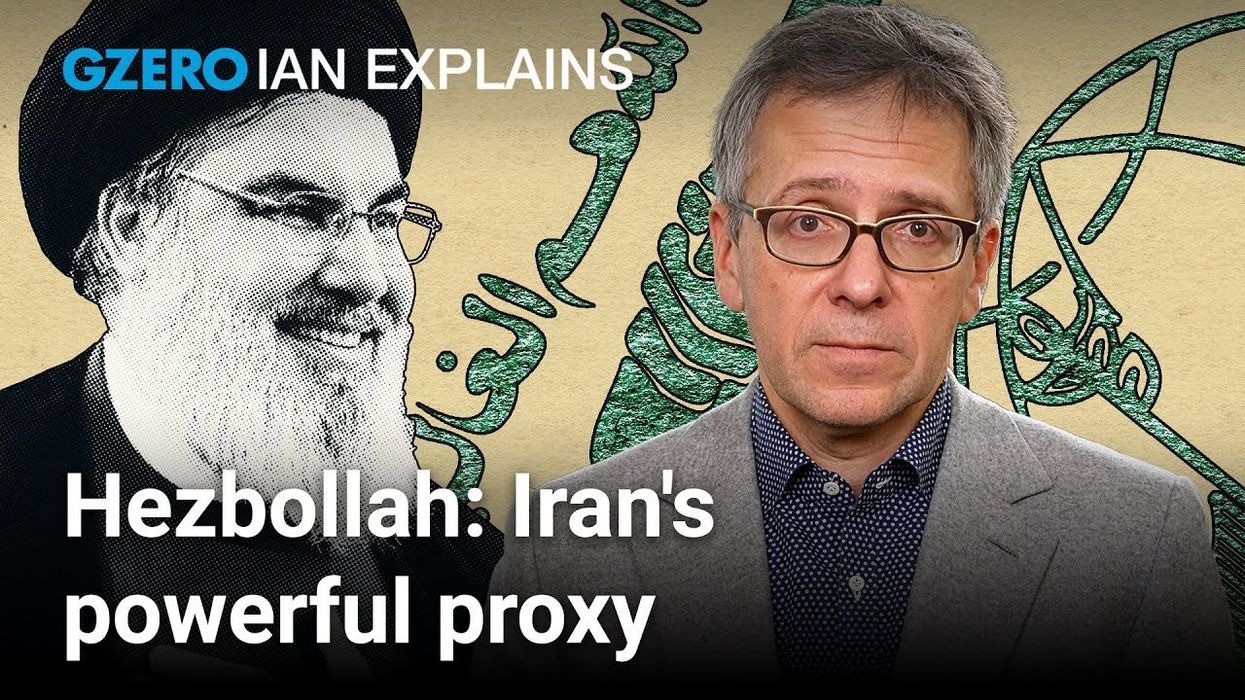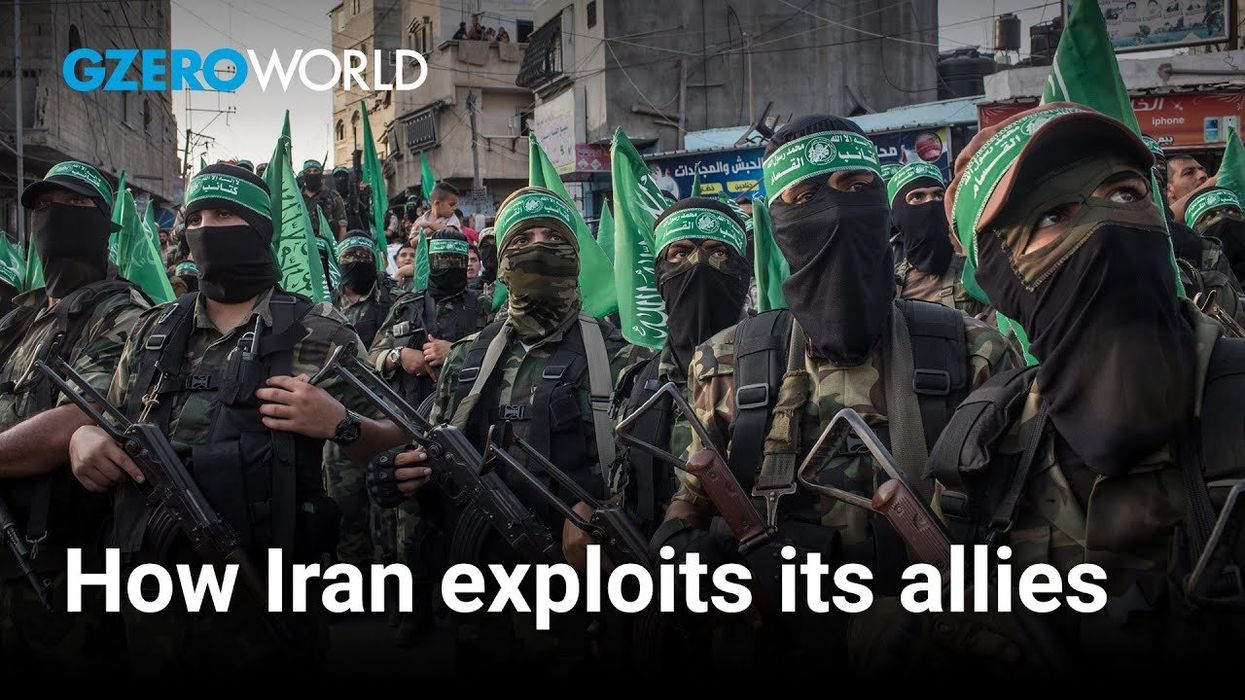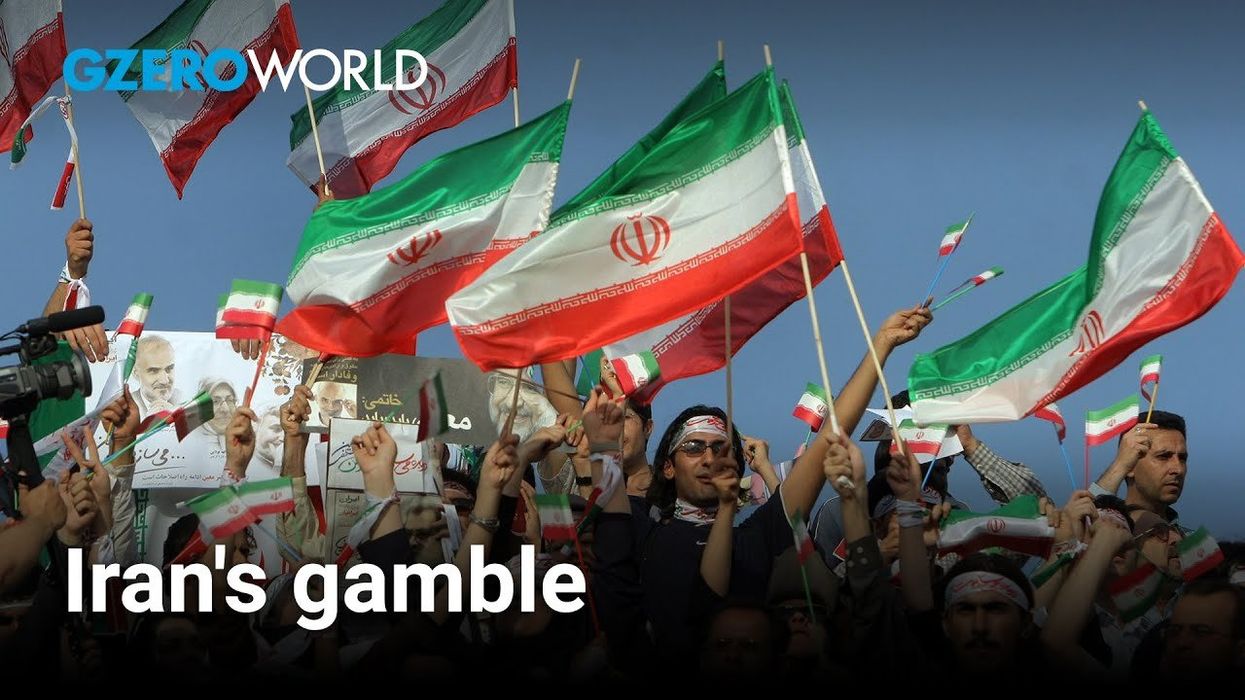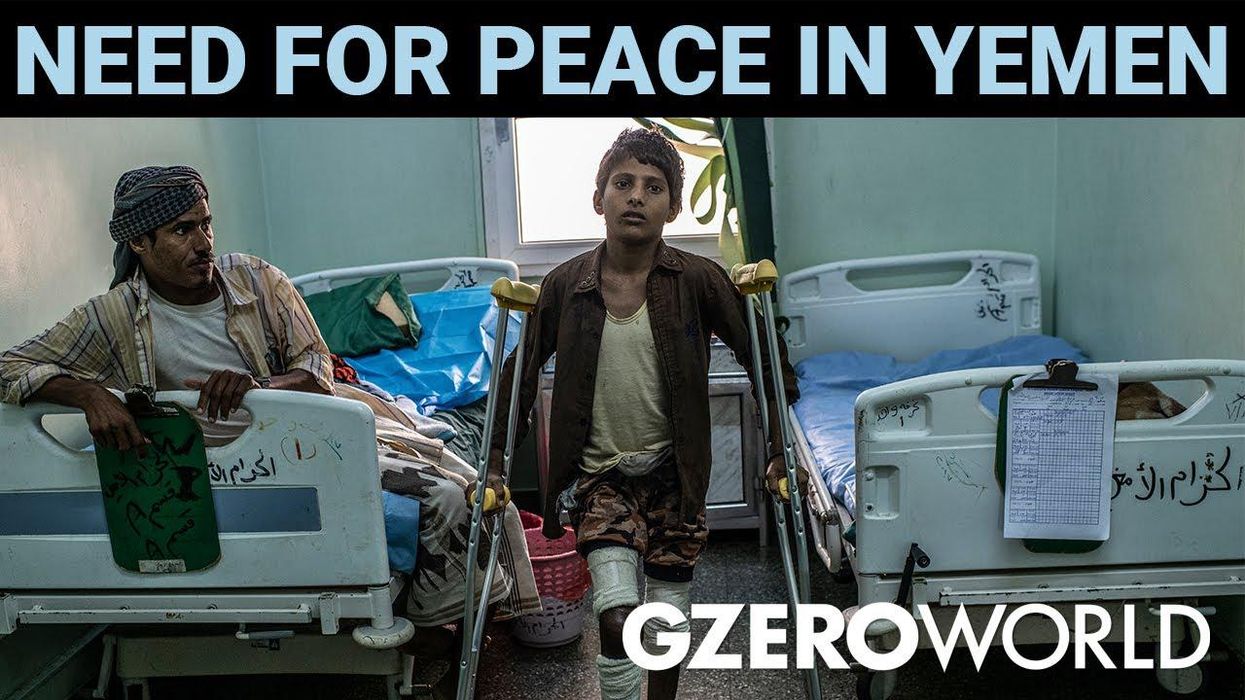What We're Watching
Signal failure: Trump team includes journalist in top secret plans
Washington is buzzing over a major security breach that saw the editor of The Atlantic magazine, Jeffrey Goldberg, mistakenly added to a Signal group chat that included Defense Secretary Pete Hegseth, VP JD Vance, Secretary of State Marco Rubio, and National Security Advisor Mike Waltz. The group coordinated a war plan and sent real-time operational details about US strikes on Houthi targets in Yemen, sharing classified information on an external app without noticing that Goldberg was on the chat.
Mar 25, 2025



